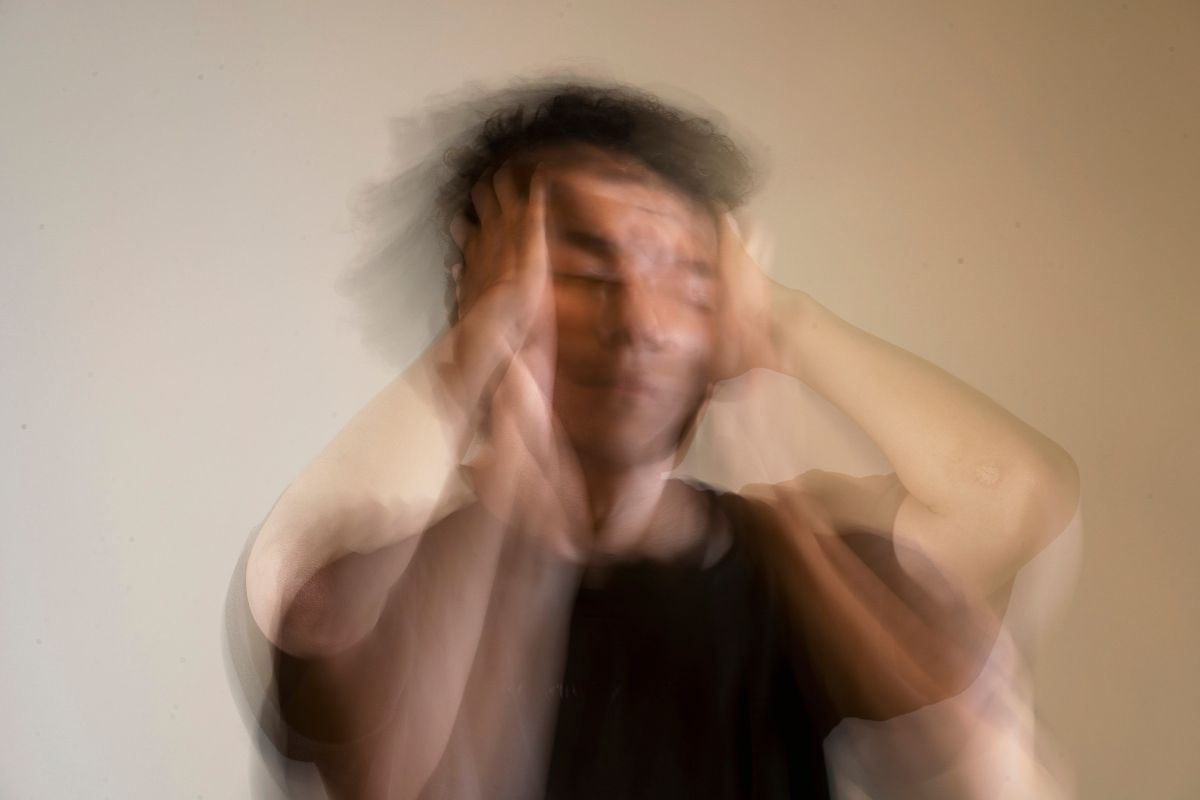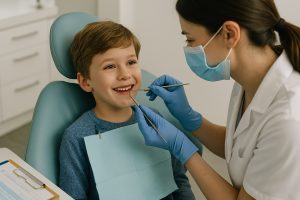Long-Term Effects of Child Abuse

Childhood should be a time of learning, love, and laughter. But for many, those years are marked by fear, confusion, and pain. When a child is abused—whether physically, emotionally, sexually, or through neglect—the effects don’t stop when the abuse ends. They often follow the person well into adulthood, shaping how they view themselves and the world around them.
Understanding the long-term impact of child abuse helps families, communities, and caregivers support survivors more effectively. It’s not just about knowing the facts—it’s about being aware, compassionate, and prepared to respond with care.
Why This Topic Matters
The effects of child abuse don’t vanish with age. Many adults who experienced abuse as children carry unseen scars that affect relationships, health, and self-worth. This article takes a closer look at how abuse in early life can echo through adulthood—mentally, emotionally, and even physically. By learning about these long-term effects, we create room for more informed conversations and better support.
Emotional and Mental Health Struggles
One of the most lasting effects of childhood abuse is emotional trauma. Many survivors deal with anxiety, depression, and low self-esteem throughout their lives. These feelings often stem from internalized messages they received as children—such as believing they were bad, unworthy, or responsible for the abuse.
Post-traumatic stress disorder (PTSD) is also common among adult survivors. Flashbacks, nightmares, and intense emotional reactions can continue for years. Even in safe environments, triggers may appear unexpectedly—causing distress and confusion. For some, therapy helps build tools to manage these responses and reclaim a sense of peace.
Trust issues are another major challenge. If a caregiver, parent, or family member was the source of the abuse, it can be difficult to form healthy relationships later in life. Survivors may avoid closeness or cling too tightly, fearing abandonment or harm.
Physical Health Consequences
It’s not just the mind that suffers. Long-term stress from childhood abuse can take a physical toll. Chronic stress has been linked to heart disease, obesity, diabetes, and gastrointestinal issues. The body remains in a heightened state of alert for years, which can wear it down over time.
Sleep disturbances are common, too. People who experienced abuse often have trouble falling or staying asleep. This lack of rest affects concentration, memory, and mood. Over time, it can lead to fatigue and other health problems.
In some cases, survivors may also struggle with substance use as a coping mechanism. Drugs or alcohol might offer temporary relief from emotional pain, but often lead to addiction and further health complications.
Social and Relationship Struggles
Growing up in an abusive environment can make it harder to understand or build healthy social connections. Survivors may feel different or isolated, especially if they never had the chance to talk openly about what happened.
They might avoid close friendships or romantic relationships altogether, afraid that intimacy could lead to more pain. Others may repeat patterns from childhood, finding themselves in toxic or abusive partnerships because it feels familiar—even if it’s harmful.
Parenting can also bring up old wounds. Some survivors fear becoming like their abuser, while others struggle to connect with their children. It’s not unusual for feelings of shame or guilt to surface, even when they’re doing their best to raise children in a safe and loving way.
Learning and Work Challenges
Early trauma affects brain development. Kids who experience abuse often struggle in school—whether it’s due to attention problems, frequent absences, or trouble focusing. These challenges can carry into adulthood, impacting work performance and confidence.
A survivor might doubt their abilities, avoid risk, or have difficulty with authority figures. They may find it hard to trust supervisors or collaborate with coworkers, especially in high-stress environments. While some people excel in their careers, others may feel stuck or overwhelmed by expectations.
Supportive work environments and understanding supervisors can make a huge difference. Counseling, coaching, and clear communication often help survivors grow professionally and feel valued.
Healing Is Possible
Despite the pain and challenges, many survivors go on to lead full, meaningful lives. Healing doesn’t mean forgetting what happened—it means finding ways to manage the impact and build a life that feels safe and fulfilling.
Therapy can be a powerful tool. Different types—like cognitive behavioral therapy (CBT), trauma-focused therapy, or EMDR—help survivors process memories, change negative thought patterns, and feel more grounded. For others, support groups, creative outlets, or spiritual practices offer comfort and connection.
It’s important to note that healing isn’t a straight path. There might be setbacks, difficult days, or unexpected triggers. But with patience, support, and self-compassion, growth is possible. Every small step counts.
Supporting Someone Who’s Been Through It
If someone you care about has experienced childhood abuse, listening without judgment is one of the best things you can do. Don’t push them to share more than they’re ready for. Instead, let them set the pace.
Avoid telling them to “move on” or that “it’s in the past.” These comments—while often well-intentioned—can feel dismissive. Instead, acknowledge their strength and offer encouragement.
Learn more about the signs of trauma and how to be present in supportive ways. Encourage professional help when needed, and let them know they’re not alone.
Childhood abuse leaves deep marks, but understanding its long-term effects helps everyone respond with more empathy and care. Whether you’re a survivor yourself or someone who wants to support others, knowing the lasting impact creates space for healing, awareness, and lasting change.







